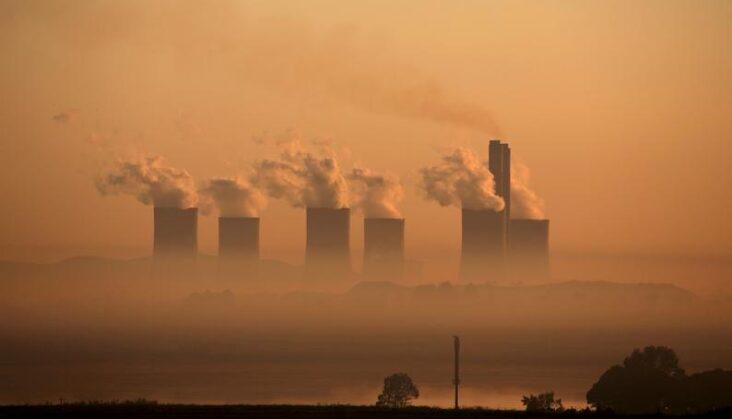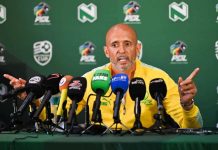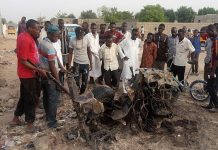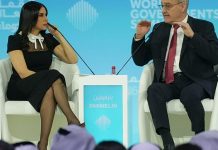Africa-Press – Mauritius. The United Nations’ Sustainable Development Goal No. 7 calls for “access to affordable, reliable, sustainable and modern energy for all” by 2030. Africa’s best on-the-ground survey suggests the continent is making little, if any, progress toward that goal.
Based on first-hand observation and 45,823 interviews in communities throughout 34 African countries between late 2016 and late 2018, Afrobarometer reports that expansion of the electric grid has largely stalled, and only about four in 10 African households enjoy a reliable supply of electricity – a marginal improvement from survey findings three years previously.
Stark differences in access and reliable supply remain between countries, and rural residents and the poor are still at a great disadvantage when it comes to lights and power.
This may explain why fewer than half of Africans think their government is doing a good job when it comes to providing a reliable supply of electricity.
A lack of significant progress on electrification has ominous implications not only for achieving SDG7 but also for development ambitions in many other energy-dependent sectors, from agriculture to health and literacy to economic growth and poverty reduction.
On average across 34 African countries, two-thirds (65%) of citizens live in areas served by an electric grid. This proportion shows no significant growth in recent years.
Afrobarometer surveyors recorded whether each enumeration area they visited had an electricity grid that most houses could access. (% “yes”) Over a longer time frame, we do see a 10-percentage-point gain across a smaller set of 18 countries surveyed consistently since 2005.
But in this smaller set as well, progress has stalled. Access to an electric grid varies widely by country. Even fewer households (58%) are actually connected to the grid.
In other words, 42% of Africans lack an electricity connection in their homes, either because they are in zones not served by an electric grid or because they are not connected to an existing grid.
As might be expected, poor households are at a substantial disadvantage in terms of actually securing a connection to the grid. Considering only those areas where access to a grid exists, well-off households are more than twice as likely to have a connection as the poorest households (83% vs. 41%).
If access to a grid doesn’t equal connection, nor does connection equal reliable electricity, as citizens in countries with frequent blackouts and brownouts can attest.
About one in seven Africans have a connection but report that their power only works “about half the time” (4%), “occasionally” (7%), or “never” (3%).
All in all, taking into account households with no access to a grid, no connection to an existing grid, or an unreliable supply, considerably fewer than half (43%) of Africans enjoy a reliable supply of electricity – including only about one in 20 citizens in Malawi (5%) and Guinea (7%) (Figure 2).
Figure 2: Connection to the grid: Quantity and quality | 34 countries | 2016/2018 Respondents were asked: Do you have an electric connection to your home from the mains? [If yes:] How often is electricity actually available from this connection? (Note: “Refused” and “Don’t know” responses are not shown.) Even in some countries where most households are connected to the electric grid, this does not necessarily mean that many will have reliable power.
Given that only 43% of Africans enjoy a reliable supply of electricity, it’s hardly surprising that fewer than half (45%) approve of their government’s performance on this issue, while 51% say their government is doing “fairly badly” or “very badly” in ensuring that citizens have reliable electricity (Figure 3).
Figure 3: Government doing a good job in providing electricity (%) | 34 countries | 2016/2018 Respondents were asked: How well or badly would you say the current government is handling the following matters, or haven’t you heard enough to say: Providing a reliable supply of electricity? (% who say “fairly well” or “very well”)
If the goal is energy “for all,” especially reliable and sustainable energy for all, most countries will need enormous efforts to increase supply, improve service, and expand the use of alternative energy sources.
Bottom Line: As long as a majority of Africans don’t have reliable power, providing jobs, ending poverty and hunger, and achieving the other aspirations of the Sustainable Development Goals will be challenging indeed.
For More News And Analysis About Mauritius Follow Africa-Press







